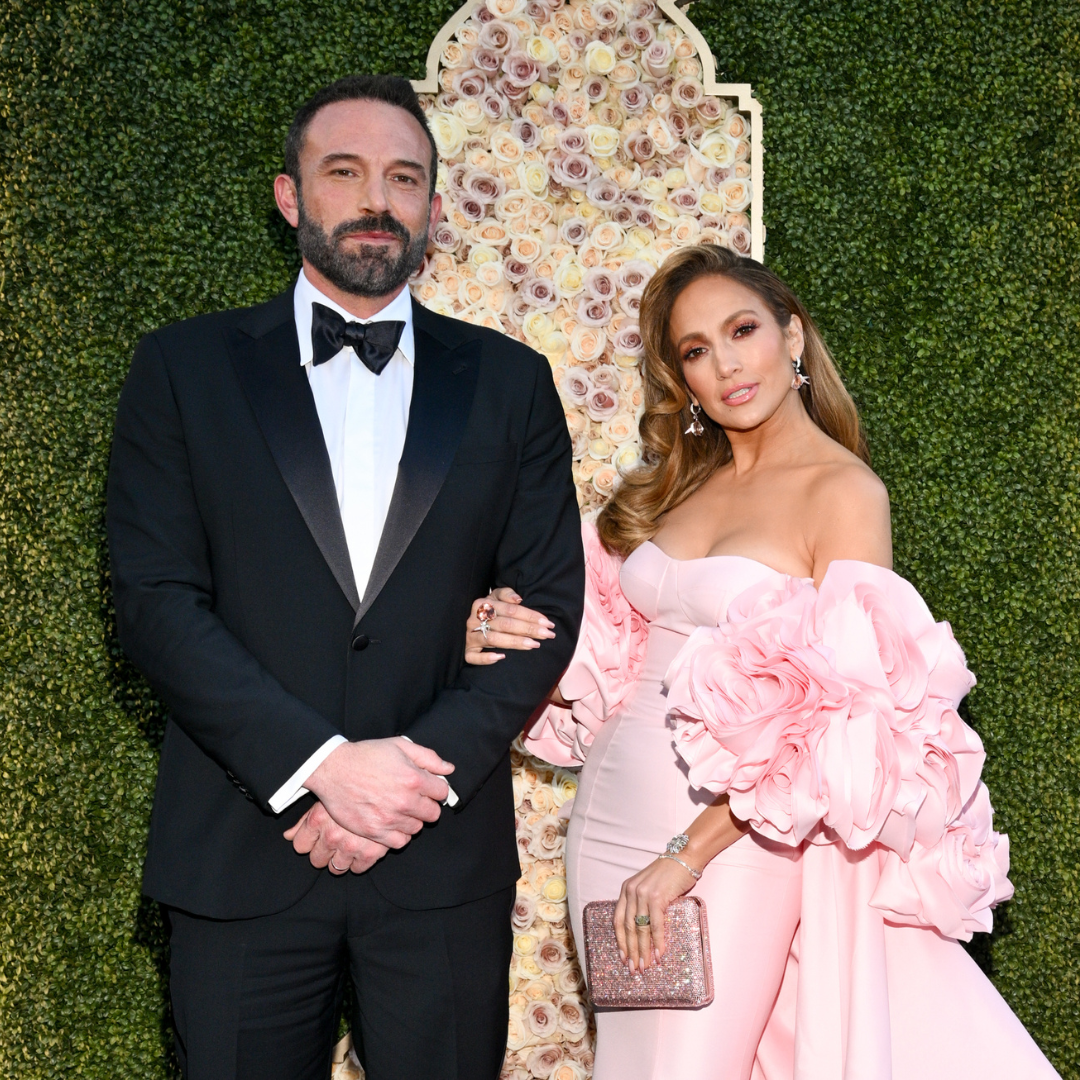Despite what TikTok says, we still don’t understand emotional abuse
Gold Rush author Olivia Petter explains what social media therapy speak gets wrong


Apparently, everyone is a narcissist. At least, that’s what my Instagram algorithm would have me believe. Every night before bed, I treat myself to a little nighttime scroll, and every time, I’m met with clips from some therapist-slash-influencer telling me all the signs I might be in an abusive relationship with a narcissist.
“If someone tells you that you’re overreacting, that person is a narcissist,” one clip tells me. “If they call you names, they’re abusive,” chimes another. “If they don’t reply to you for an entire day, that’s emotional abuse.” And so on.
If everyone is a narcissist, is anyone?
I first got sucked into this particular social media rabbit hole following a breakup two years ago. My Instagram algorithm very quickly figured out what had happened and immediately started feeding me content it suspected I’d be interested in. And it was right – I was interested. But the information was overwhelming, conflicting, and strangely glib.
The rise of therapy speak in online spaces means that everywhere you look, there’s a video about attachment styles, love languages, and toxic relationships. So you’d be forgiven for thinking you know a lot about these things. Perhaps you watched a TikTok clip telling you about anxious attachment, and you’ve subsequently diagnosed yourself and your partner. Maybe you’ve even adopted a new set of terms you can use to define your relationship; I certainly did.
Within a few minutes of absorbing this content, I felt as if I’d completely figured out everything that went wrong with my ex. There were actual labels I could prescribe to certain behaviours and a new language I could use to communicate how they made me feel. It was validating and empowering. But in hindsight, it was also deeply misguided.

Olivia Petter, author of Gold Rush
Relationships are complex, especially when they go wrong. They can’t be explained in a 30-second clip on social media. But that’s not stopping people from heavily relying on these videos and even occasionally giving them the weight and significance that should be reserved for a therapist. One friend told me how an ex even sent her a link to a video describing an abusive relationship to help her “see” what she was doing to him. That ex had never been to therapy, but because he’d seen one video, he had decided that this was sufficient evidence to call my friend an abuser.
The problem is that when we become too liberal with terms like “abuse” and “narcissist”, we dilute the meaning of them to the point that we can no longer recognise instances where they are appropriate. If everyone is a narcissist, is anyone? And if everyone is in an abusive relationship, it can’t be too serious, right?
Marie Claire Newsletter
Celebrity news, beauty, fashion advice, and fascinating features, delivered straight to your inbox!
All this is what drove me to write about emotional abuse in my debut novel, Gold Rush. The book is fundamentally about power and centres around a young woman named Rose. After meeting a famous musician at a work event, she spends an evening with him, only to wake up the following morning in pain and unable to piece together what happened. What follows is an exploration of consent, celebrity culture and the nature of fame. But it’s Rose’s unlikely friendship with a social media influencer called Clara that sheds light on abusive relationships.
That’s the tricky thing about emotional abuse; there’s an absence of physical symptoms.
Despite the free hotel stays and designer goodies, Clara’s glossy life is not all it seems. And as the novel goes on, we start to get a sense of what she might be hiding both from her millions of followers and also from herself. And that is easier to do than you might think.
That’s the tricky thing about emotional abuse; there’s an absence of physical symptoms. This means it can be all too easy to dismiss signs of abuse, whether it’s name-calling, belittling, manipulation, coercion, or gaslighting. Over time, you internalise these things and, depending on how your partner behaves, might even start to blame yourself. Perhaps you think it’s ‘not that bad’ because you haven’t been physically harmed. Or, because you see this kind of thing being spoken about so much on social media, you think it’s common and, therefore, normal. It isn’t.
Regardless of how many TikTok videos or articles you read about emotional abuse, you could still come away not really understanding what it is and how it happens. That’s where I think popular culture comes in, specifically fiction. Through the prism of storytelling, you have the power to show how these dynamics play out between two people in all their nuanced complexity. That’s what I’ve endeavoured to do in Gold Rush through the character of Clara.
The book has only just come out, but I’ve been overwhelmed by the response to this particular storyline. It’s rewarding, of course, and makes me feel comforted to know my words have resonated with people. But it’s also upsetting; why aren’t there more stories about emotional abuse out there? I wonder how things might have been different had we known about emotional abuse sooner. What could we have been saved from?
Gold Rush by Olivia Petter is published by 4th Estate and out now

Olivia Petter is an award-winning journalist, author and broadcaster based in London. She is currently a columnist at The Independent and has also written for The Sunday Times, The Guardian, British Vogue, Stylist, and Grazia, among others.
-
 Vintage sales, flower festivals and unique brunches - 7 fun and frivolous things to do this bank holiday
Vintage sales, flower festivals and unique brunches - 7 fun and frivolous things to do this bank holidayBy Jadie Troy-Pryde
-
 How Ben Affleck feels about dating after his divorce from Jennifer Lopez
How Ben Affleck feels about dating after his divorce from Jennifer LopezHe's taking it slow
By Iris Goldsztajn
-
 Dior travels to Kyoto for a cherry blossom-inspired fashion show
Dior travels to Kyoto for a cherry blossom-inspired fashion showHere's everything you need to know
By Clementina Jackson
